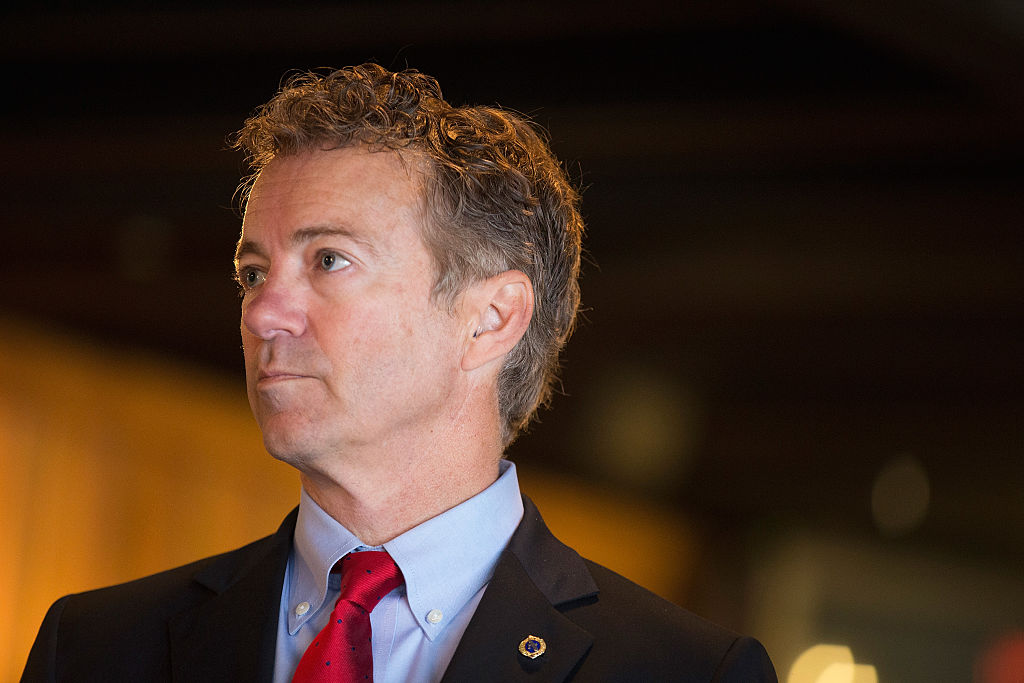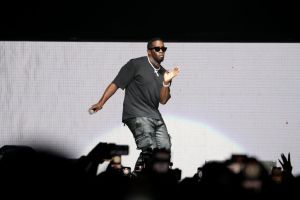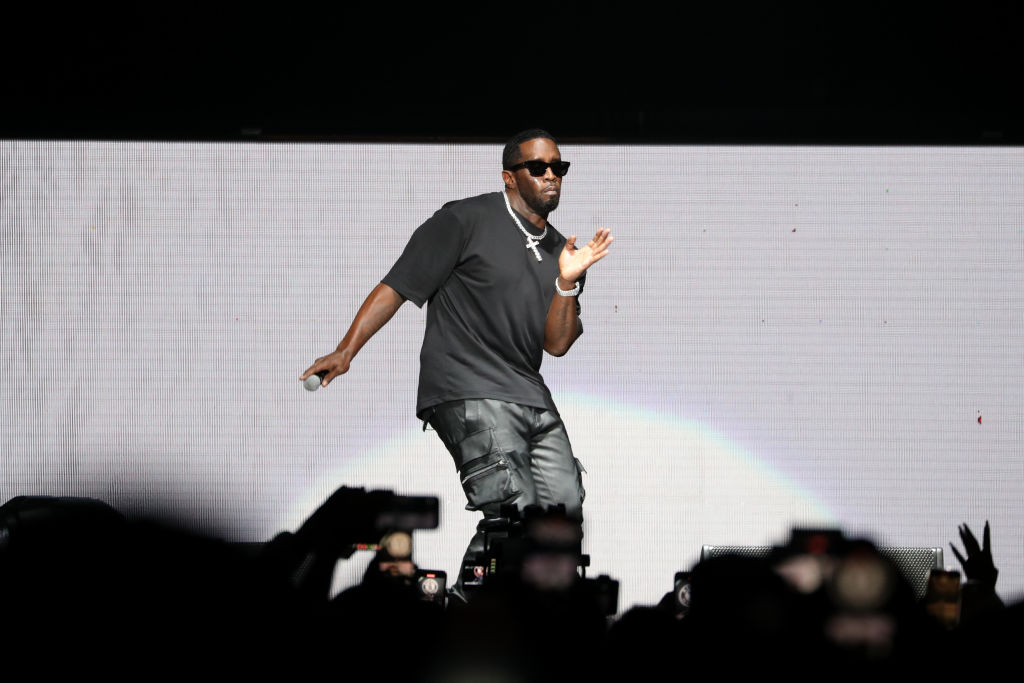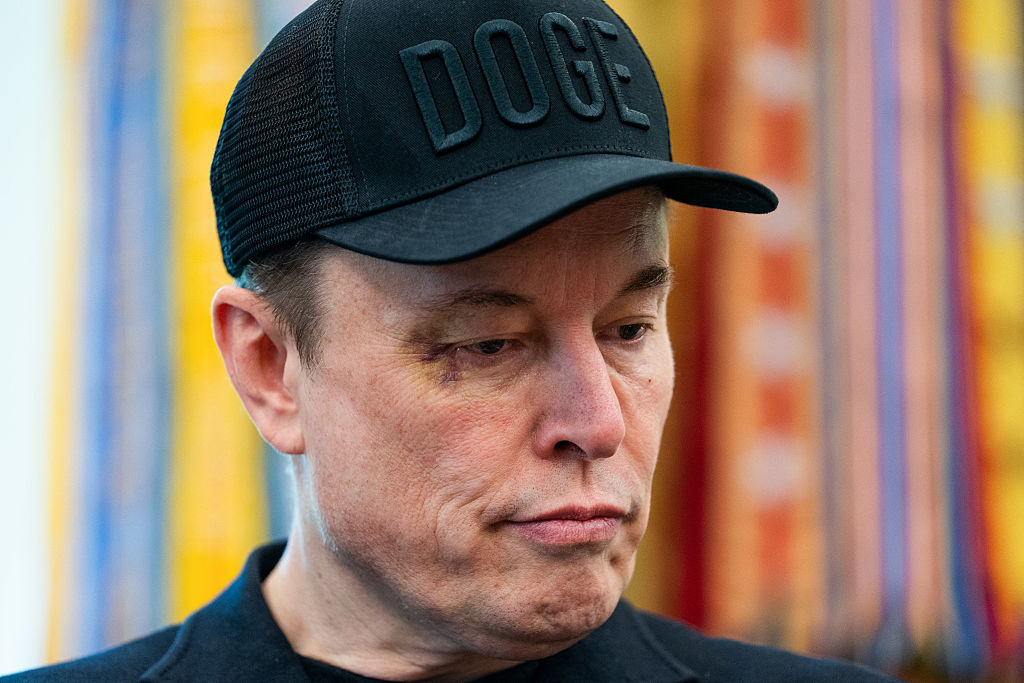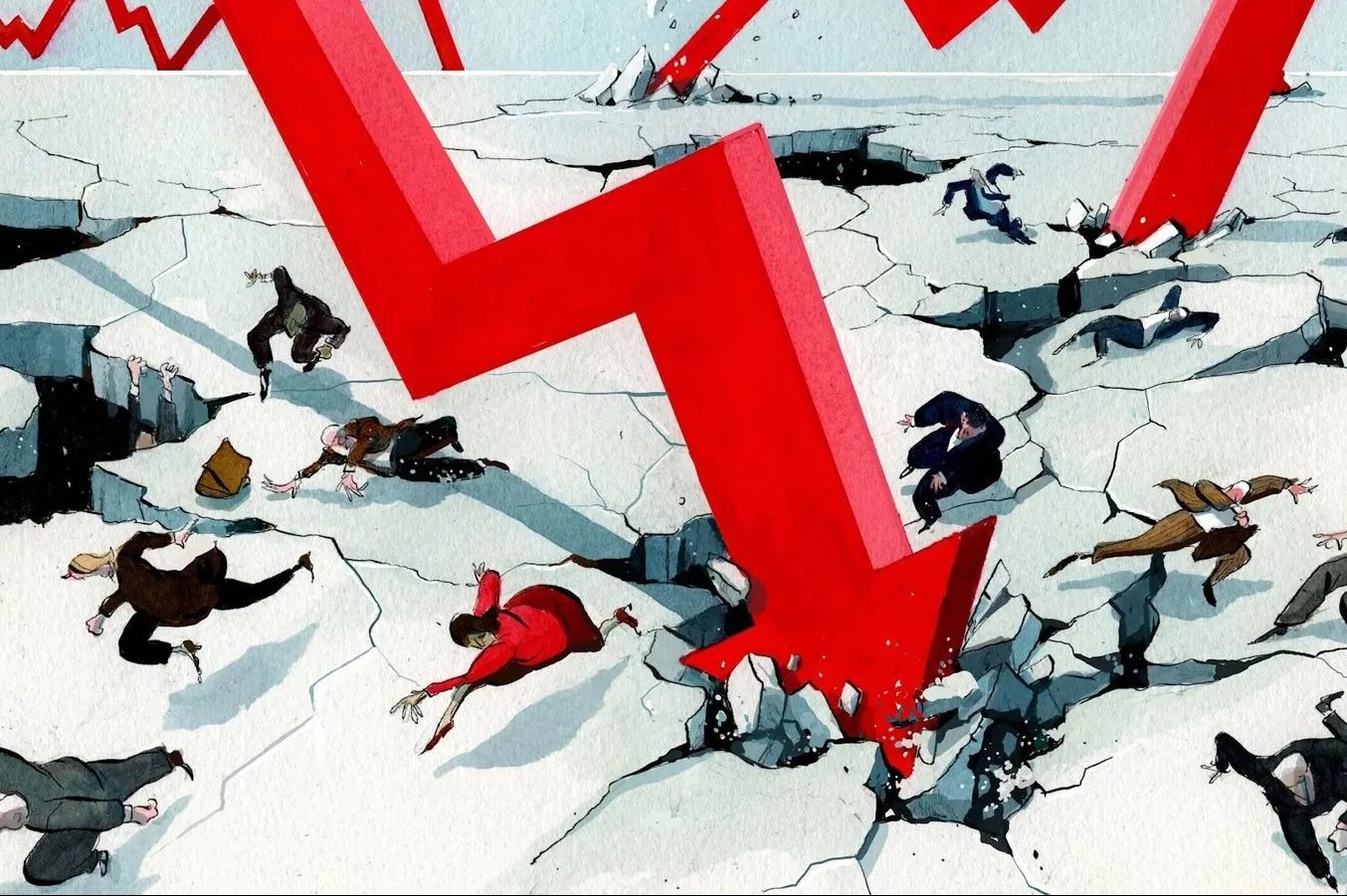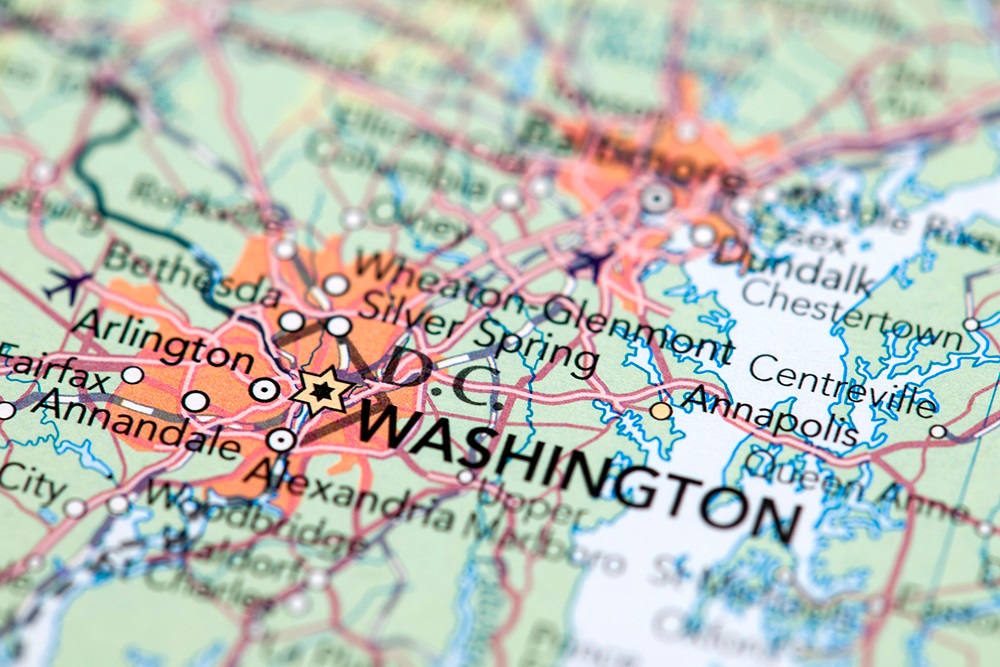Political years are the opposite of dog years: they pass by in a blaze, with entire epochs elapsing in the course of a few news cycles. Ideas, even movements, fade abruptly, recalled only years later when you clean out your garage and stumble on that old tricorn hat from your Tea Party days.
If you want to know how jarring political change can be, consider that at this time in the 2016 election cycle — around the late spring of 2015 — the predicted frontrunner for the GOP nomination was Rand Paul. This was no coincidence. In those days, we were said to be in the middle of something called a libertarian moment. Voters were leery of Barack Obama’s deficit spending, Washington’s endless wars, the NSA surveillance that had been unveiled by Edward Snowden. And only Paul, a self-described “libertarian-ish” senator from Kentucky, had given eloquent voice to this skepticism of the state.
If you want to know how jarring political change can be, consider what happened next. Paul came under fierce fire during the GOP primary debates from a guy called Donald Trump, who took many of Paul’s libertarian issues — antiwar, anti-security state — and rolled them into a more visceral and smash-mouth populism. This populism was simultaneously comfortable with strong government on issues like entitlements and immigration. It was this formula, which we’d now call MAGA, that tapped the mood of the Republican base. Paul dropped out after the Iowa caucuses.
Thus did the libertarian moment end, with many wondering whether it had ever begun. Yet it wasn’t the first time a libertarian moment had been declared. Back in 2010, when the Tea Party erupted against Obama’s big-government meddling, the GOP was said to be moving in a more libertarian direction. And the shock debut of Ron Paul’s (Rand’s father) on a 2008 primary debate stage, where he denounced the Bush administration’s warmongering and attracted a wave of youth support, felt much the same.
Yet somehow the libertarian moment never seems to clock a full sixty seconds. It emerges in the media as a modish key to understanding a changing GOP, only for government to continue to grow bigger. So it is that once again we find ourselves in what might be called a libertarian moment. Yet is this actually the case?
Start with the fact that on so-called social issues, the country is trending in a libertarian direction. Support for marijuana legalization is high, and while at the state level this has resulted in a patchwork of legal frames, pot remains fully illegal in only four states. The gay marriage issue is largely settled, with 71 percent voicing support to Gallup in 2022. And while the public’s view of abortion remains more complicated — allowing the procedure on demand, as many on the left call for, has never been popular — there’s little question the recent Dobbs ruling helped pro-choice Democrats in last year’s midterms.
There’s also the fact that Republicans on Capitol Hill are behaving like the Tea Party never ended. The main points of contention in the fight over Kevin McCarthy’s speakership all had to do with government spending and reducing concentrated political power. McCarthy’s opponents demanded that the House: refuse to raise the debt ceiling without a spending cap; keep earmarks banned; and create a special committee to target “weaponized government.” The speeches from Republicans — pro-McCarthy and con — were all about reining in the state; “right-wing” in that moment seemed to mean “less Washington.”
Meanwhile, polls find that government spending remains unpopular at least in the abstract. Support for a muscular American response in Ukraine is waning. The middle class is stampeding into low-tax, low-regulation states such as Florida. So how about it? Has another libertarian moment begun?
Against any slide towards libertarianism has to be pitted another issue: crime. Five years ago, this was one of the libertarian movement’s greatest strengths. A falling crime rate, police brutality and America’s extraordinary level of incarceration had combined into broad support for criminal justice reform, which culminated in the First Step Act, signed into law by, of all people, Donald “Let’s Execute Drug Dealers” Trump. Yet as crime began to spike during Covid, the momentum changed. Nowadays, you can find Congress blocking local laws that ease penalties on criminals. Libertarian ideas such as decriminalization and harm reduction are blamed in many West Coast cities for crises of addiction and disorder.
Even beyond their purported issues, these libertarian moments have long seemed to me more like progressive moments. Yes, Americans are becoming more live-and-let-live on certain social matters, but then they aren’t especially wound up about the national debt or a bloated executive branch either. And any claim of a libertarian tilt has to take into account our elites’ shift in manners, away from liberality and tolerance, toward cancel culture and stifling speech. The average American is hardly woke. But it’s difficult to cast your eye across the country and see a groundswell for individual liberty either.
It’s become hip for a certain type of very-online trad to say that libertarianism is dead, dead, DEAD! — that what the public really wants is more blue laws and imported Hungarian nationalism. This is drivel, of course, and always has been. But as the so-called New Right hits some speed bumps, it’s not clear what libertarianism looks like in this weird national moment either. And as Kevin McCarthy strikes poses in yet another debt-ceiling fight, does anyone seriously think the state is going to get any smaller?
This article is taken from The Spectator’s June 2023 World edition.



